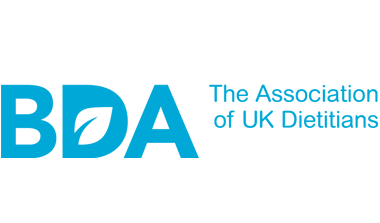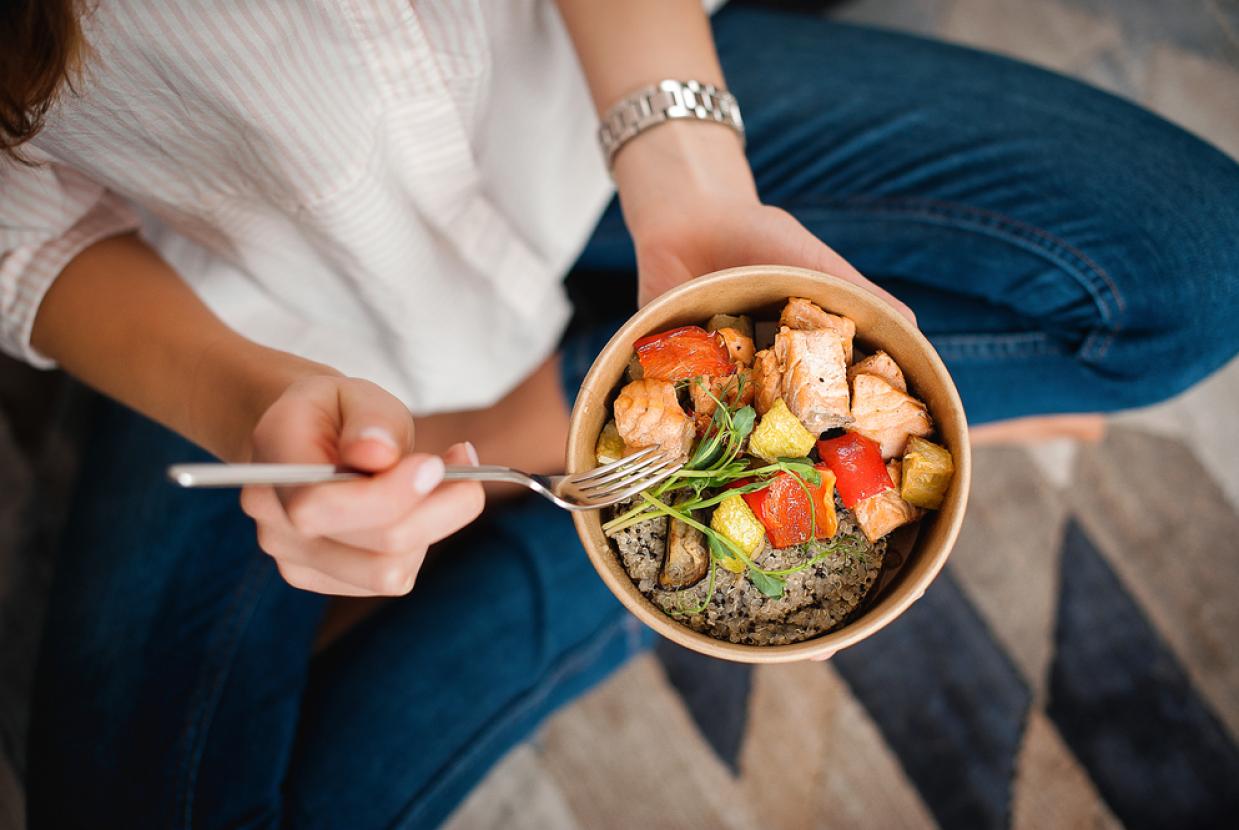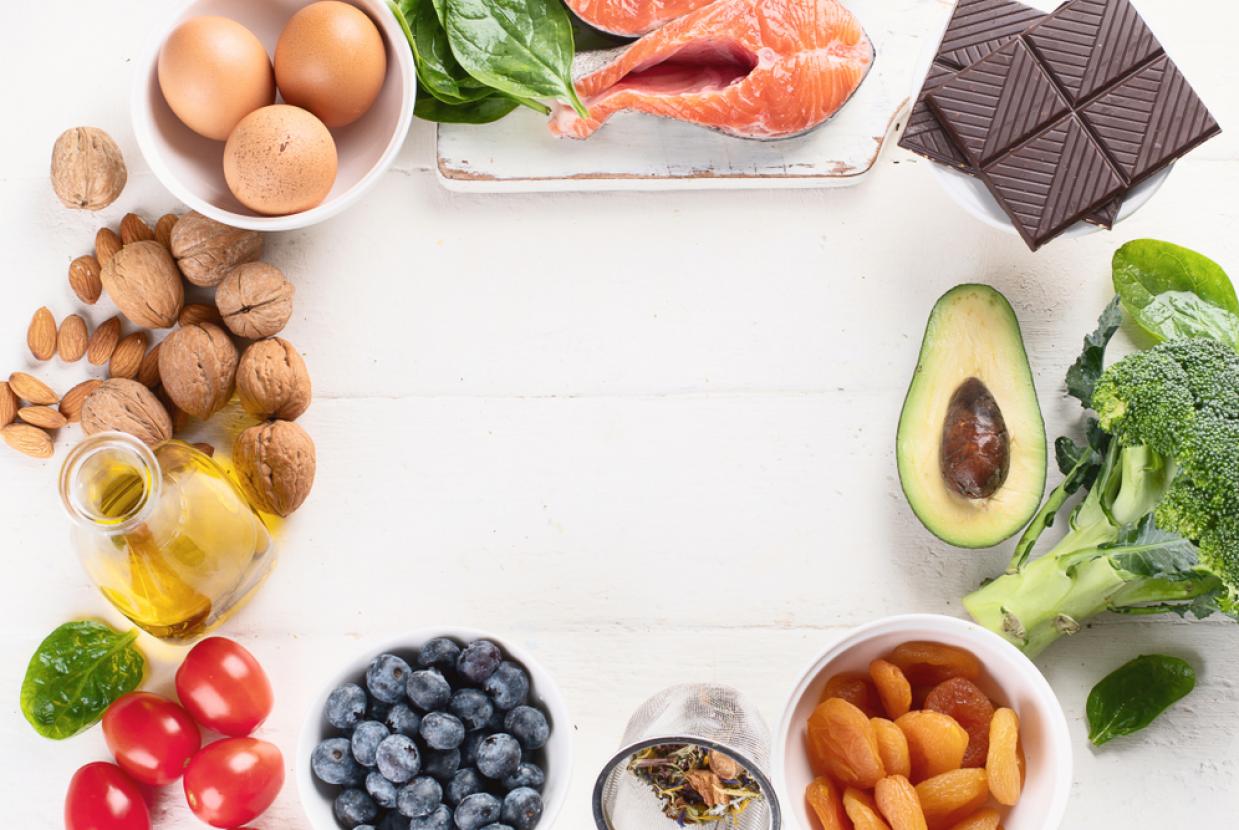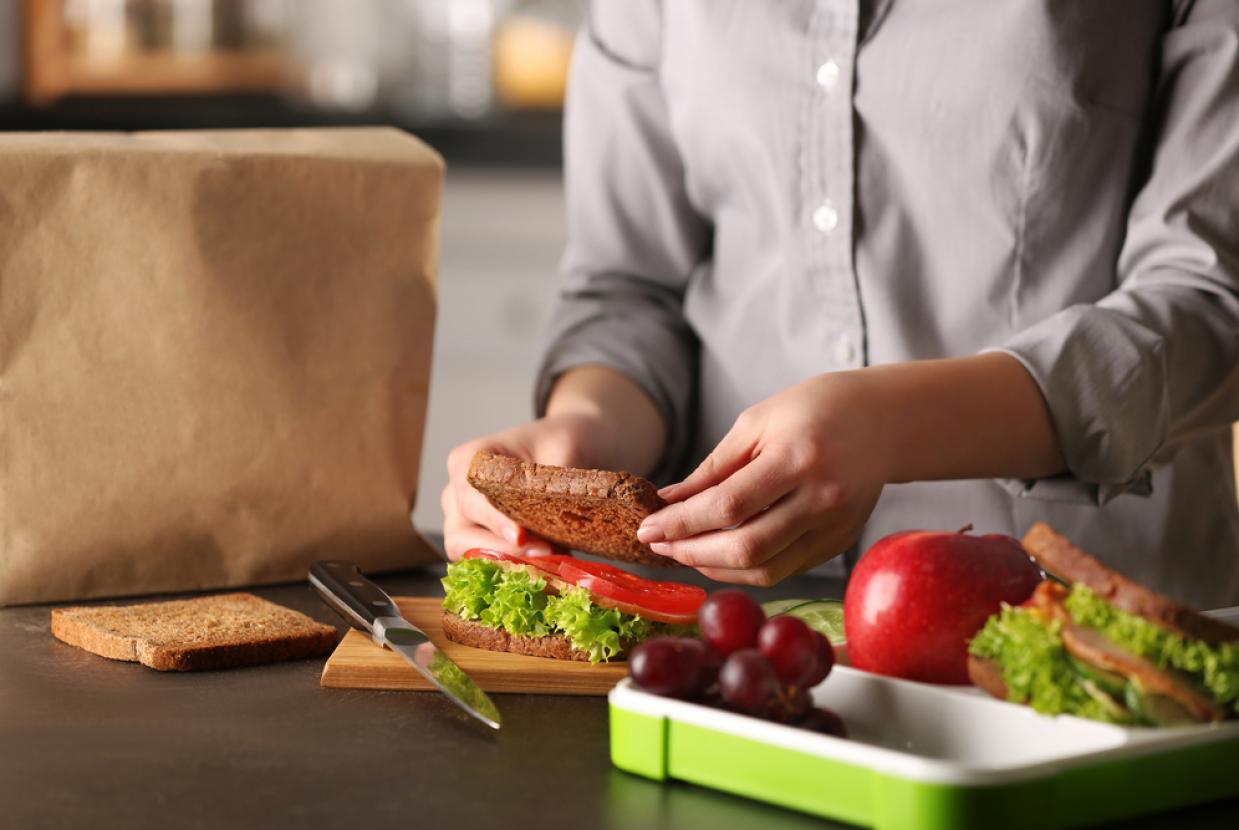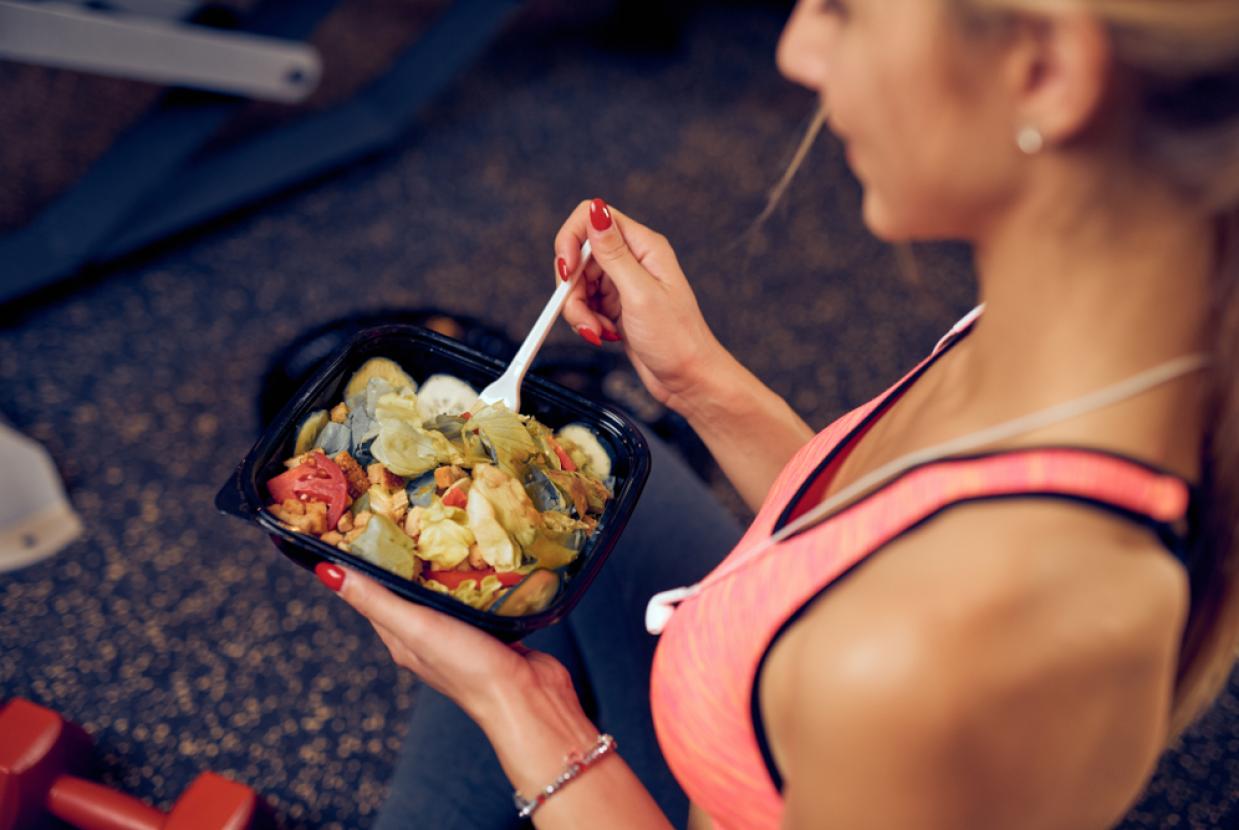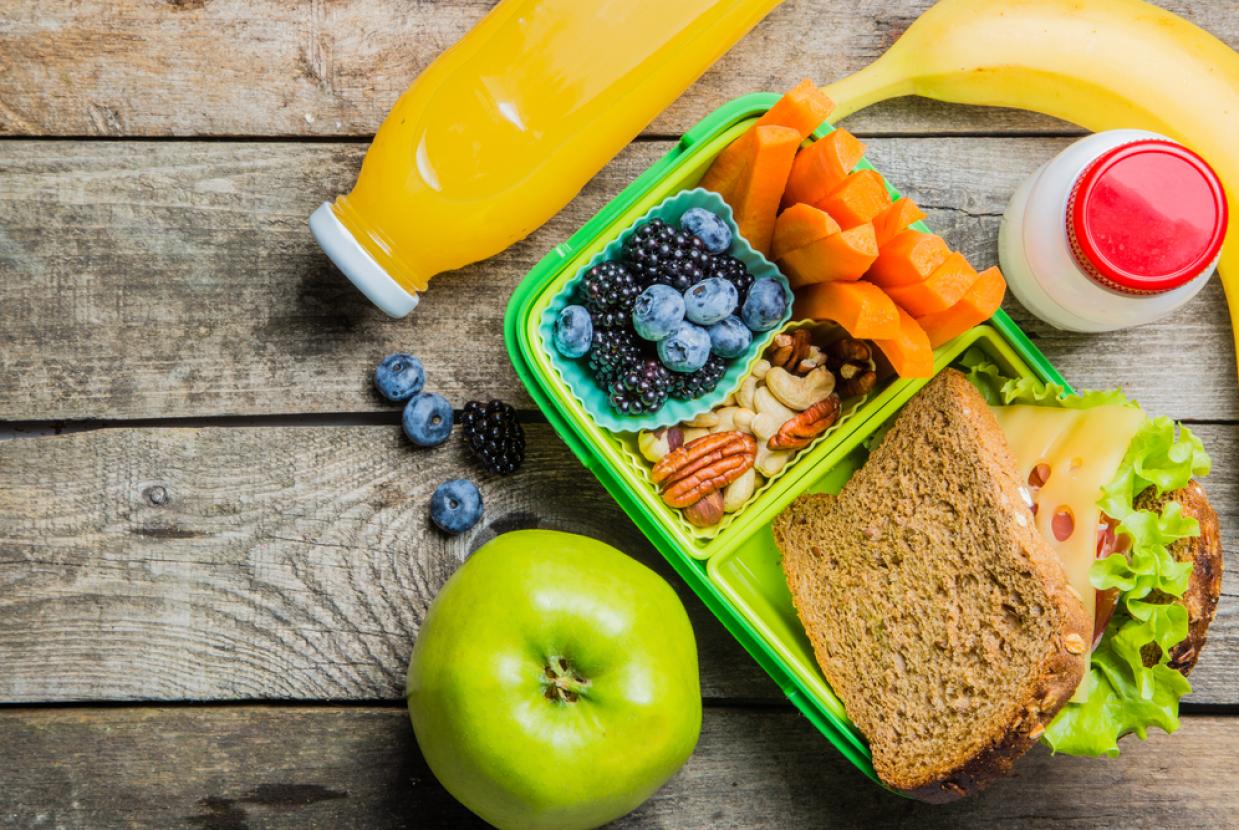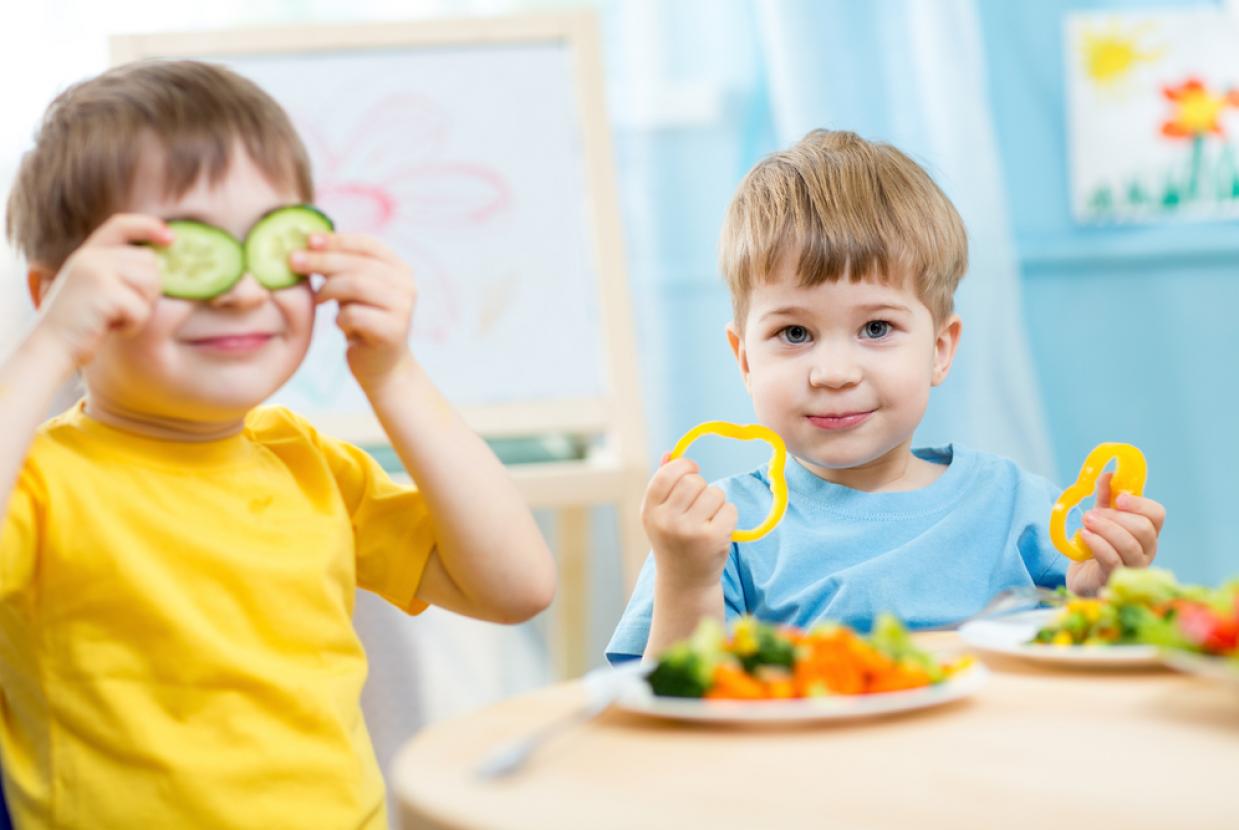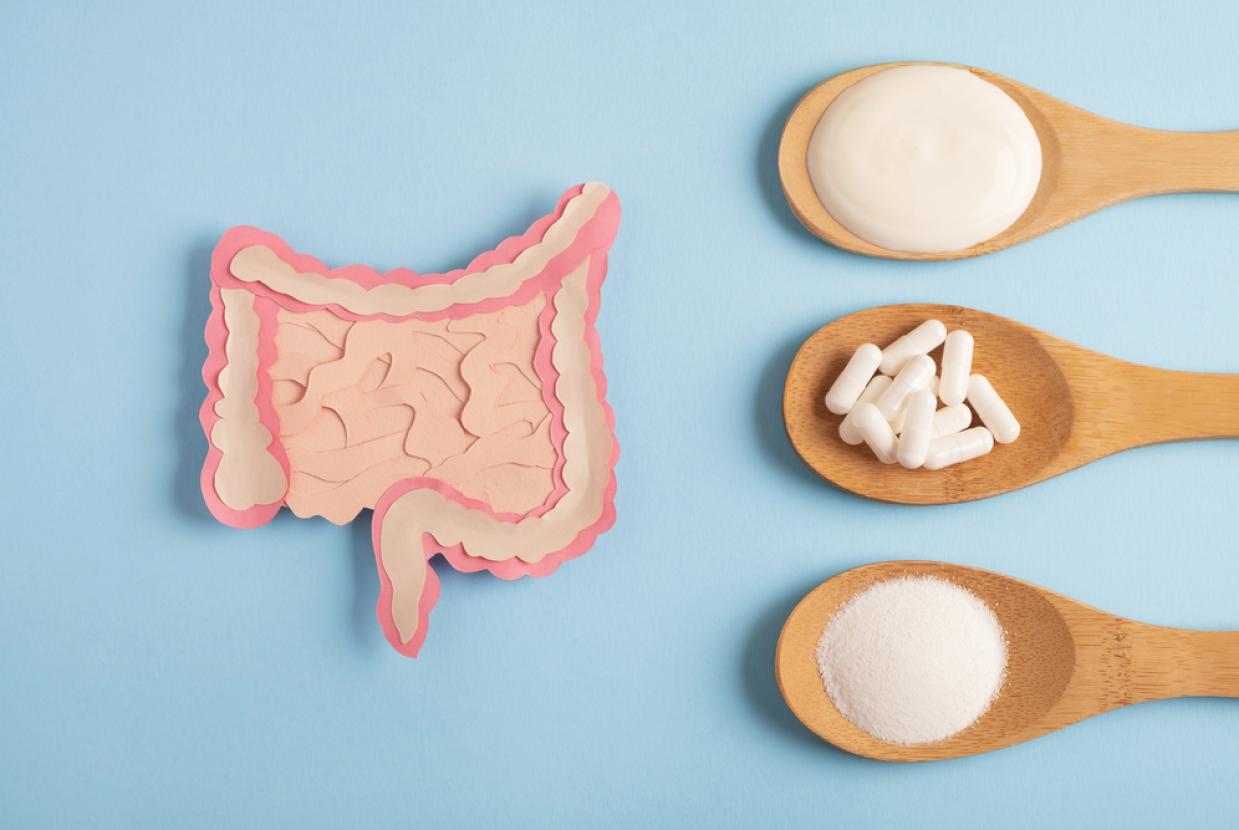Mindful Eating
Being fully present in the moment when you’re eating, without distractions, may improve your eating experience, promote positive, healthy eating habits and behaviours.
What is mindfulness?
Mindfulness is being aware of the experiences presenting themselves to you. It means paying full attention to the unfolding moment, without judgement, and accepting what it is. This may help you to consider your thoughts, physical sensations and behaviours without reacting automatically.
What is mindful eating?
Mindful eating is an approach to food that focuses on being fully present while you’re eating. It also increases awareness of your thoughts, senses and feelings during and after you eat. It means:
- Allowing yourself to become aware of the positive and nurturing opportunities that are available through food selection and preparation, by respecting your own inner wisdom
- Using all your senses to choose to eat food that is both satisfying to you and nourishing to your body
- Acknowledging responses to food without judgement (likes, dislikes, neutral)
- Becoming aware of physical hunger, and satiety cues to guide your decisions to begin and end eating
Why be more mindful when eating?
Mindful eating opens up an opportunity to appreciate food more and make a better connection with it. Some studies suggest that mindful eating can help support emotional eating and binge eating, promoting a healthier relationship with food.
Eating mindfully may also help regulate appetite, aid digestion and make eating an enjoyable and pleasurable experience. Mindful eating isn’t about restricting yourself, it is about enjoying and appreciating food. Although some people may find that eating more mindfully leads to weight-loss, doing so with the expectation or intention to lose weight can be self-defeating.
How can I eat more mindfully?
Practising eating more mindfully is something that many of us can benefit from - whether to create better eating behaviours or a better appreciation for food. Here are some useful tips on how you can practice eating more mindfully:
Slow down when eating - Chew your food well and take time to pause while you’re eating by putting your cutlery down between each mouthful. It may help you feel more relaxed and help you enjoy your eating experience. Slowing eating can allow your body to recognise when it is full. This is because when your stomach has taken enough food, a hormone called leptin is released from fat tissues which sends signals the brain of fullness. It is thought, however, that it takes around 20 minutes for this process to occur.
Avoid distractions - Try not to eat while you’re on your laptop, phone, reading or watching TV so that you can relax and enjoy your food in the moment.
Listen to your body - Practise recognising when you feel hungry by thinking about what it feels like in your body to feel hungry. When you eat, start with the amount of food you expect to make you feel comfortably full. Try to avoid periods of extreme hunger or extreme fullness. Remember you can always eat more if you still feel hungry.
Reflect on your thoughts and feelings - Recognise when you are eating for reasons other than physical hunger. Sometimes emotions can trigger hunger, therefore, it is important to identify what drives your eating.
Some things that may help you recognise emotional hunger from physical hunger are:
- Emotional hunger is likely to come on suddenly whereas physical hunger will build over time.
- Emotional hunger will usually create a craving for a particular food whilst physical hunger is more likely to be satiated by any food.
- It is entirely normal to eat in response to thoughts and feelings from time to time. Recognising this without judgement, and satisfying your emotions by enjoying the food slowly with all four senses. This can support you with emotional eating behaviours.
Plan ahead and stick to regular meal times - Make a plan of your meals and snacks for the week. Also, consider eating at regular times throughout the day. This helps to regulate your levels of hunger which could impact positively on your eating behaviours and food choices.
Enjoy each mouthful - Take time to recognise the aroma, flavour, taste and texture of your meals. This will help you enjoy your eating experience.
Eat food for fuel and nourishment - Choose nutritious foods that are satisfying to you, give you energy and are nourishing to your body.
Avoid labelling foods - All types of food can play a part in a healthy and varied diet. Instead of focusing on what foods are “good” or “bad”, focus on achieving a variety of different foods that provide satisfaction, enjoyment, and nourishment.
Summary
Eating mindfully is a way to enjoy what you’re eating whilst being attuned with your body and acknowledging your thoughts and feelings. It can help encourage positive eating behaviours and healthy eating choices as you choose foods that are nourishing as well as satisfying to your body.
This approach may not be suitable for those with an active eating disorder. Mindful eating can lead to justification of undereating and can be harmful to those recovering from eating disorders and disordered eating. Mindful eating is of limited use to people with Anorexia, because of their need for distraction from, rather than increased awareness of eating behaviours.



